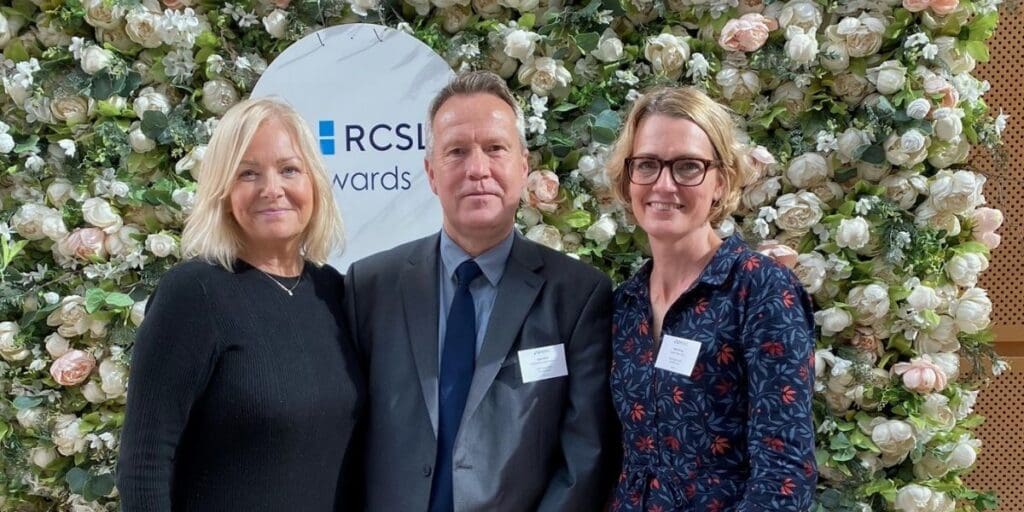A man from Cardiff who had a stroke in 2018 and was diagnosed with aphasia has worked with over 100 speech and language therapy students at Cardiff Metropolitan University to help them complete their degrees and raise awareness of the condition.
Marc Rees, 61, from Llanishen, was 56 when he had a stroke and, despite making a good physical recovery, was later diagnosed with aphasia – a condition which causes a person to have difficulty with their spoken and written language and can be the result of a stroke. Aphasia is a relatively unknown and often misunderstood condition, despite currently affecting over 350,000 people in the UK.
Marc’s experience of aphasia meant he found it particularly challenging to express himself verbally, to understand what other people were saying, and with reading and writing. Marc was referred to Cardiff Met’s Clinic for further speech and language therapy. It was during this time that Marc expressed an interest to work further with students and help them learn about aphasia. Since then, Marc has gone on to work with over 100 students.
Marc’s wife, Sue Rees, said: “Working with the students has given Marc confidence and he is proud that he can help future speech and language therapy students develop such important skills.”
Marc was nominated by Cardiff Met University for his support with students and received an award at the Royal College of Speech and Language Therapists (RCSLT) Giving Voice Awards on Friday 6 October 2023 – celebrating the achievements of those who have contributed to improving the lives of people with communication or swallowing needs.
Katie Earing is a Clinical Senior Lecturer of Speech & Language Therapy at Cardiff Met University. She said: “Language is the essential currency for all aspects of life, including how we express our identity and build relationships, and when it’s lost people often feel isolated and socially disconnected. When having a conversation with someone with aphasia, people often don’t know how to help or the best ways to support the communication of someone with the condition.
“Marc embraced the opportunity to work with students, engaging fully in the sessions. Through determination and hard work, he made several gains in his communication, particularly in comprehension, reading and writing.”
Cardiff Met’s Speech and Language Therapy Clinic is used by students who are studying on the Speech and Language Therapy, BSc (Hons) Degree meaning students have the chance to gain hands-on clinical experience with a range of adult and paediatric clients throughout their studies.
Katie continued: “Students can be daunted ahead of the assessment but come out feeling so grateful for the experience. These sessions mean they learn about the reality of living with aphasia directly from the client and find ways to support conversation, including writing down key words and allowing extra time for responses. Marc excels at making students feel comfortable, working with them to resolve any breakdowns in the conversation, so it’s been a positive experience for both parties.”
Since working with the students at Cardiff Met, Marc has also been involved in undergraduate and postgraduate research projects, two of which have gone on to receive the Tavistock Trust for Aphasia Student Prize.

